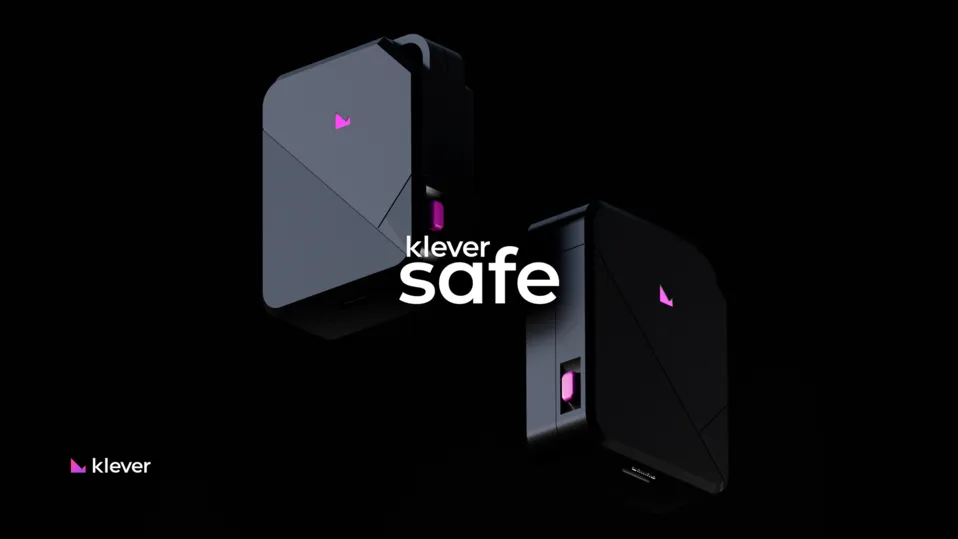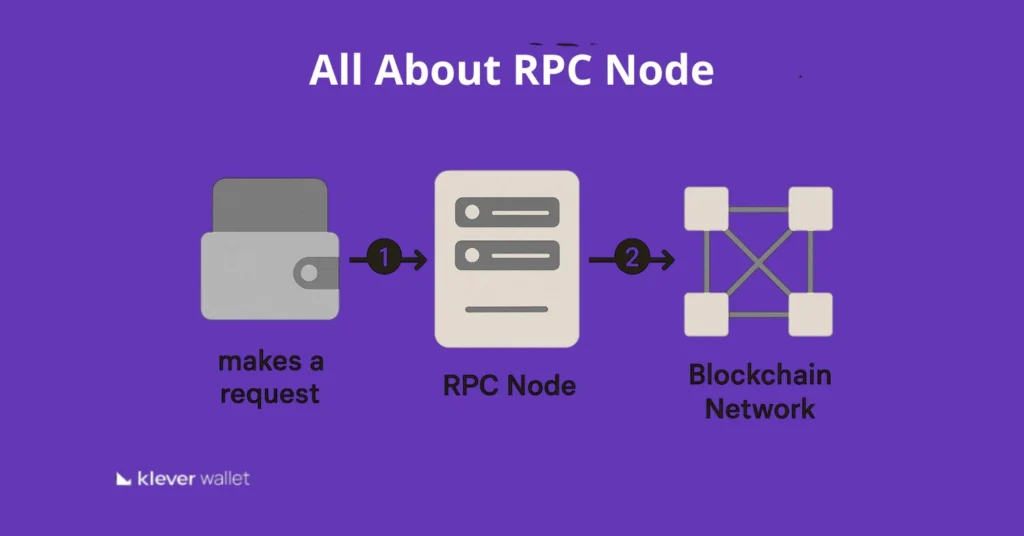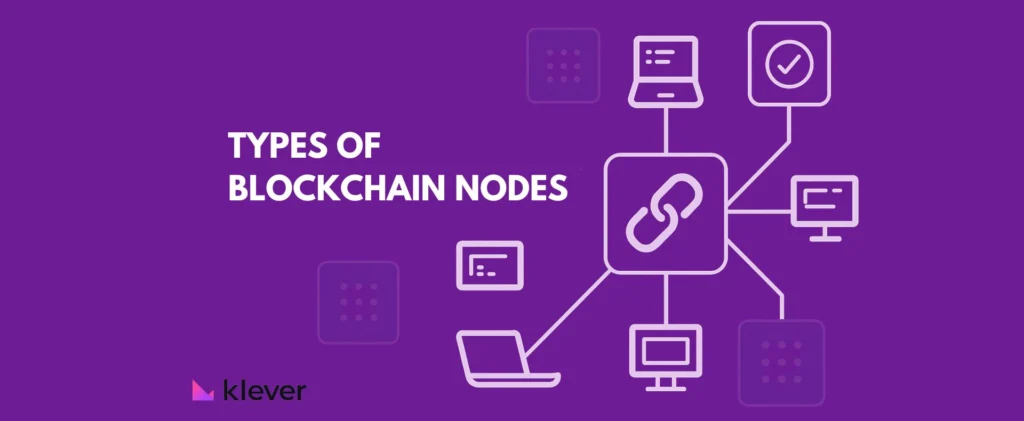Security is of utmost importance in the world of digital assets. Hardware wallets provide a robust solution to safeguard your cryptocurrencies against online threats.
This guide focuses on some cryptocurrencies ideally suited for storage in your hardware wallet, guaranteeing both security and easy access.
Why Use a Hardware Wallet for Your Cryptocurrencies?
The hardware wallets are important physical devices that store your cryptocurrency’s private keys offline, making them immune to online hacking attempts.
They are essential for anyone serious about safeguarding their digital investments, especially when dealing with significant amounts or long-term holdings.
Cryptocurrencies to Store in Your Hardware Wallet
Bitcoin (BTC)
As the first and most widely recognized cryptocurrency, Bitcoin is a must-have in any crypto portfolio. Its dominant market position and proven track record make it a prime candidate for secure storage in a hardware wallet. And if you want to know how to store your btc safety, we have a full article about it.
Ethereum (ETH)
Ethereum, known for its smart contract functionality, is at the forefront of the DeFi and NFT revolutions. Storing ETH in a hardware wallet ensures that you are part of this innovative blockchain network with enhanced security.
Chainlink (LINK)
Chainlink stands out with its oracle network, providing reliable data to smart contracts. As the DeFi and smart contract space grows, LINK’s role becomes increasingly crucial, making it a valuable asset for hardware wallet storage.
Polkadot (DOT)
Polkadot is redefining blockchain interoperability and scalability. Its innovative protocol connects multiple blockchains, allowing them to work together. Storing DOT in a hardware wallet secures your stake in this cutting-edge network.
Polygon (MATIC)
As a scaling solution for Ethereum, Polygon is gaining traction for its ability to provide faster and cheaper transactions. MATIC is becoming increasingly important for users and developers in the Ethereum ecosystem.
Tether (USDT)
Tether, a stablecoin pegged to the US dollar, offers stability in the volatile crypto market. It’s a go-to for traders looking to hedge against market swings, making it a practical asset for hardware wallets.
Solana (SOL)
Known for its high throughput and low transaction costs, Solana is emerging as a formidable player in the DeFi and dApp space. Storing SOL in a hardware wallet ensures you’re part of this efficient and fast-growing ecosystem.
XRP
XRP by Ripple is pivotal in cross-border payments, known for its speed and efficiency. As it gains adoption in the finance sector, XRP holders may benefit from having it securely stored in a hardware wallet.
TRON (TRX)
TRON focuses on a decentralized internet and digital content sharing. Its growing ecosystem and smart contract capabilities make TRX a noteworthy asset for secure storage.
Binance Coin (BNB)
Binance Coin is central to the Binance exchange and its related ecosystems, including Binance Smart Chain. BNB’s diverse use cases and strong market position make it a strategic asset for hardware wallet storage.
Besides these, there are numerous other cryptocurrencies worth considering for hardware wallet storage, depending on your investment strategy and market trends. Always conduct thorough research and consider diversifying your portfolio.
Enhance the security of your cryptocurrencies – Meet Kleversafe

Are you curious to know what kleversafe is and how it works?
Consider KleverSafe as a tangible safe for your digital currencies – a device tailor-made for the utmost security of your crypto assets.
Differing from software wallets which are internet-connected and susceptible to cyber threats, hardware wallets like KleverSafe keep your cryptocurrency in offline mode.
This method, commonly referred to as cold storage, drastically minimizes the chances of hacking and online theft. Remember, your cryptocurrencies are stored on the blockchain itself.
What KleverSafe secures are your private keys – the essential information required to execute transactions and access your digital currencies.
It acts similarly to a key to a treasure chest; the chest (the blockchain) is accessible to all, but only your unique key can unlock it.
Selecting the right cryptocurrencies for your hardware wallet is a crucial step in safeguarding your digital investments.
With this guide, you are well-equipped to make informed decisions about which assets to secure in your kleversafe hardware wallet.





